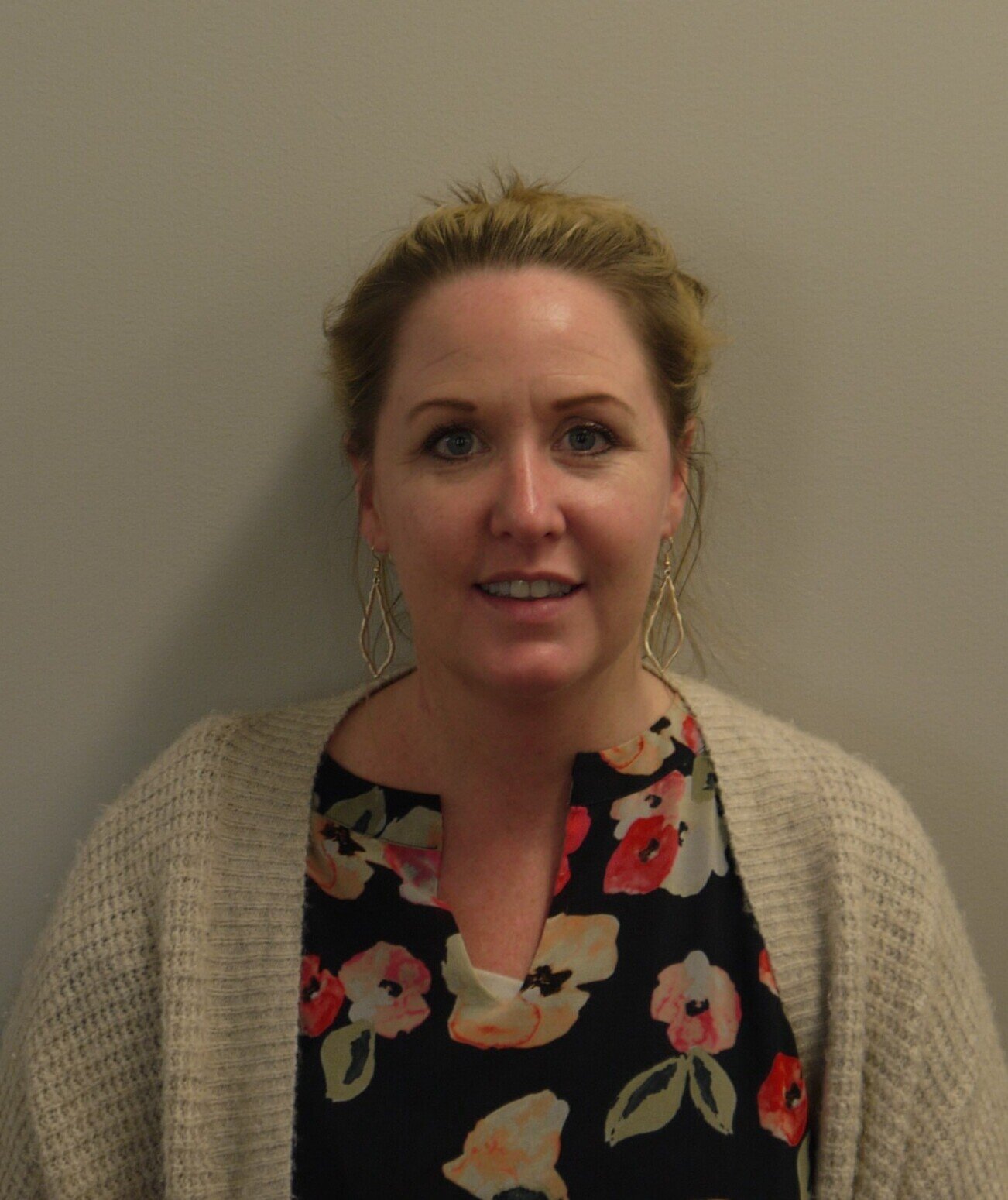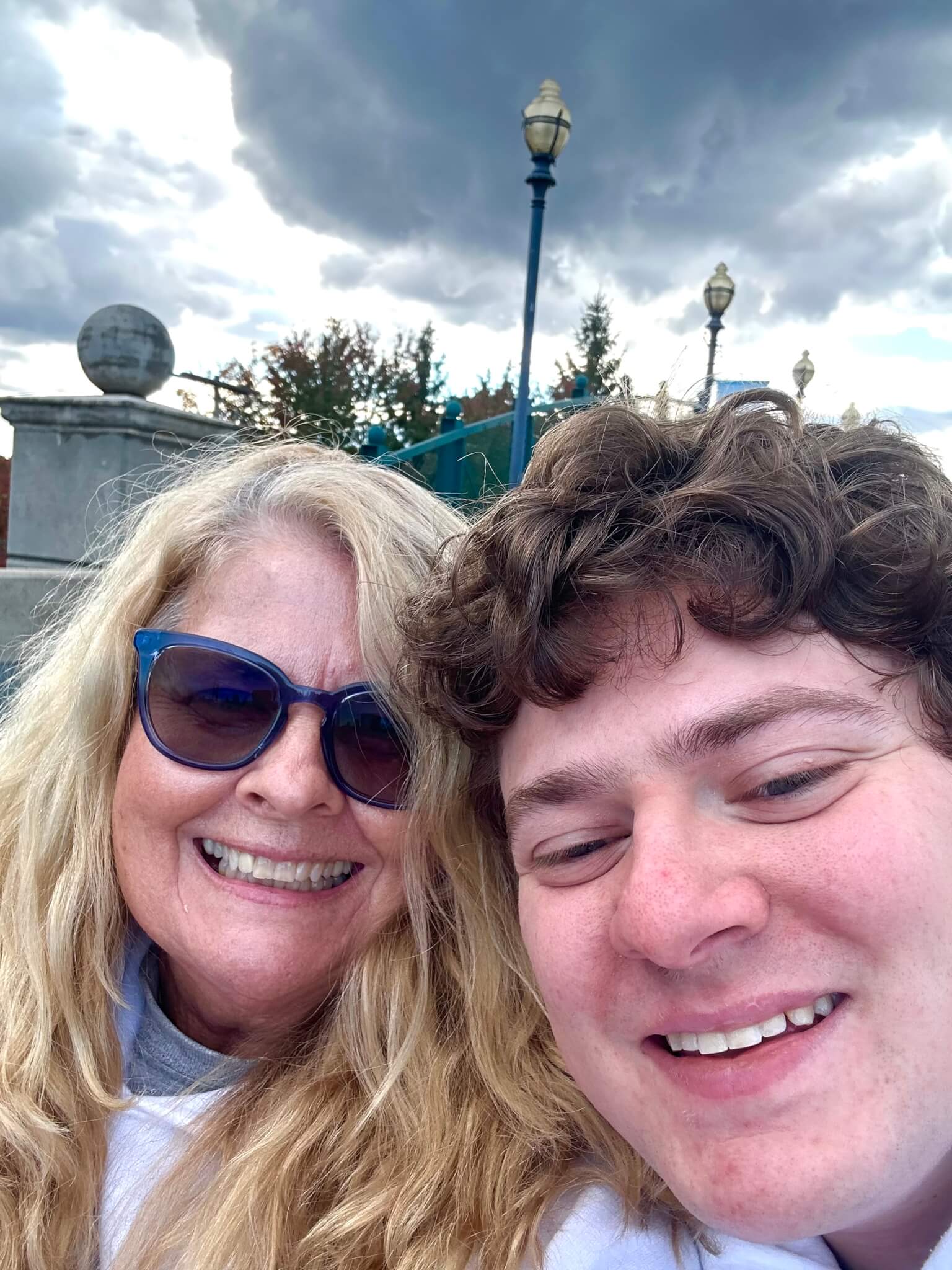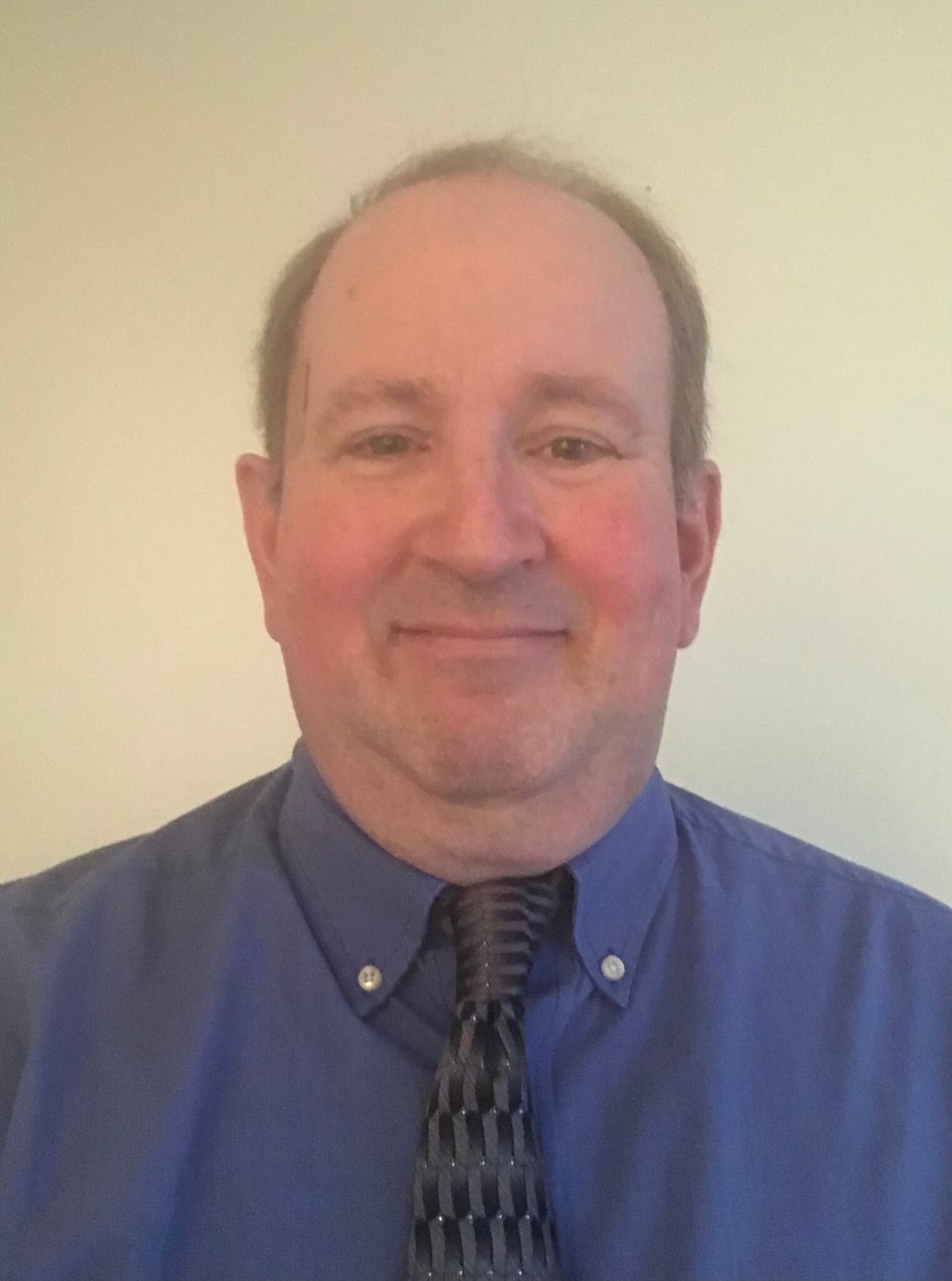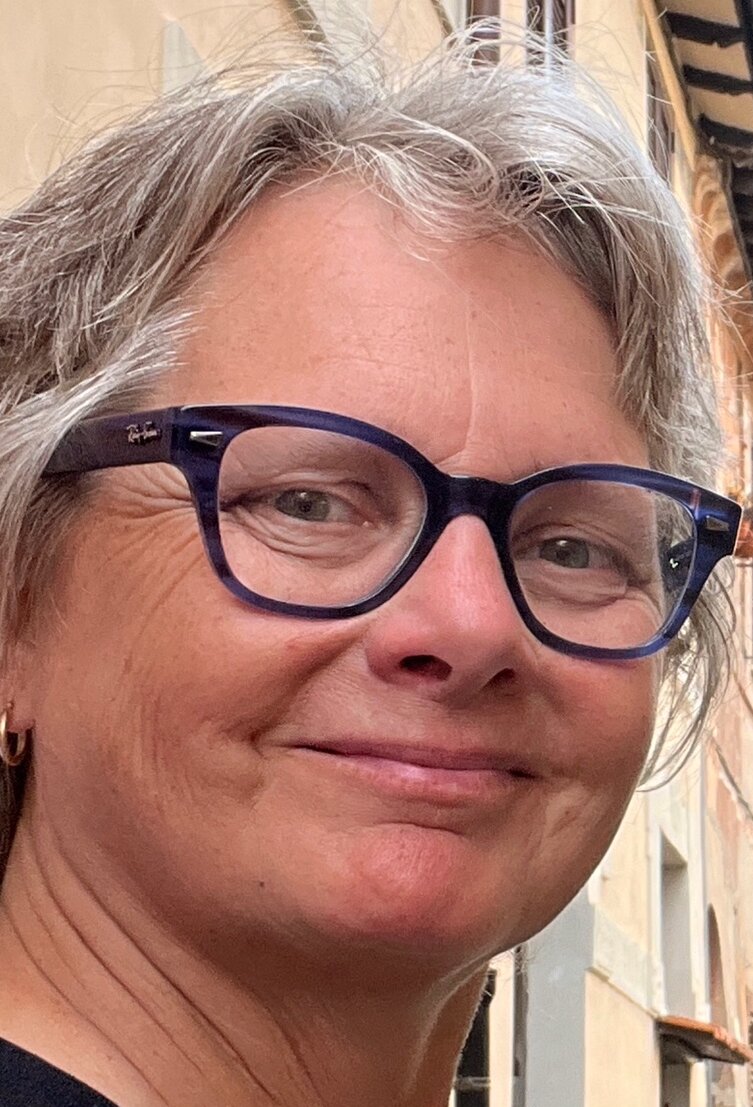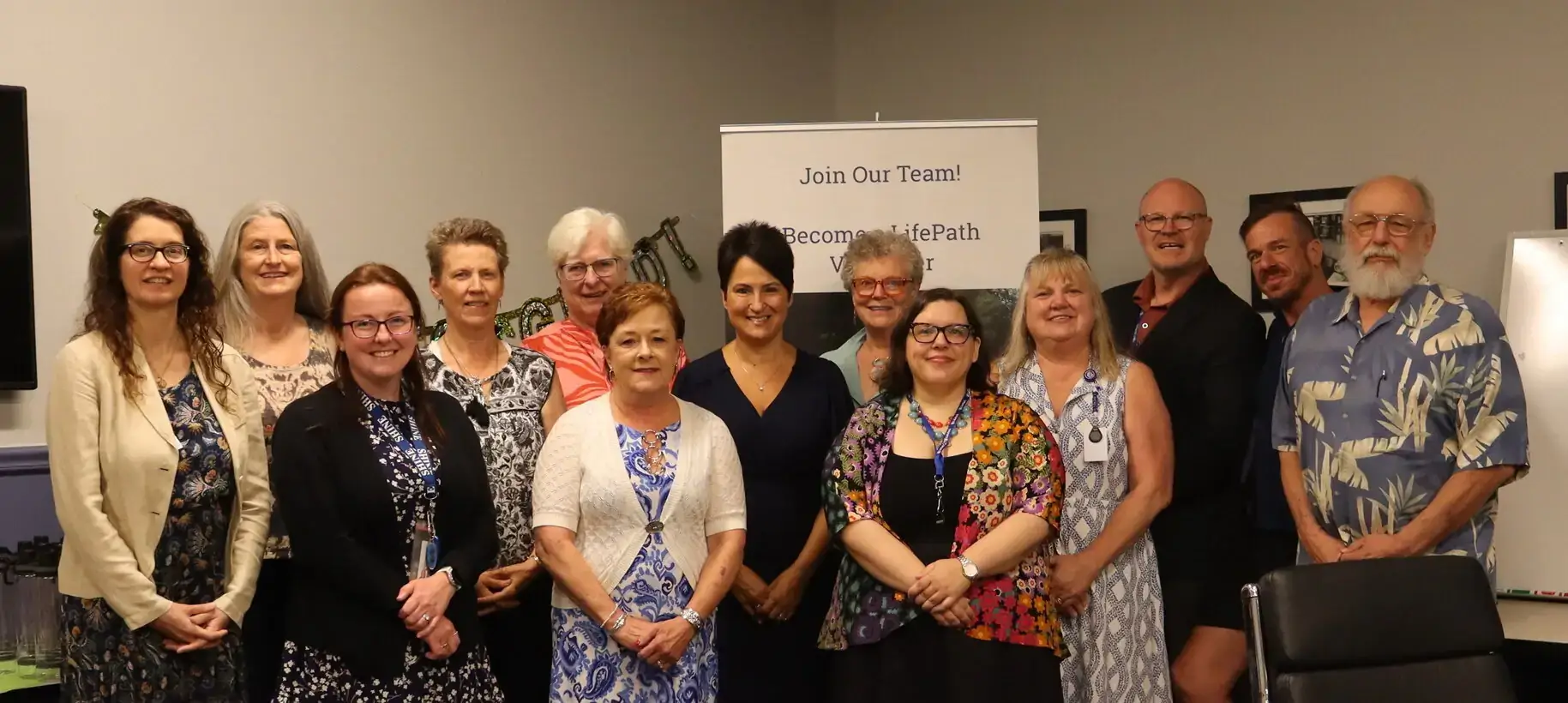November is National Family Caregivers month, a time to:
- Recognize and honor caregivers
- Promote caregiver well-being
- Advocate for caregiver-friendly policies
- Raise awareness to challenges caregivers face
- Provide resources and supports to caregivers
- Encourage communities and organizations to get involved
When I recently asked one of our Adult Family Care (AFC) caregivers, Andrea Callahan, what it means to her to be a caregiver, she had a lot to say, but her main response was, TEACHING. Andrea is a caregiver for her twenty-five-year-old son, Max. They live together in the town of Pelham. Andrea said she was a caregiver because she provided unconditional love and care, but most of all she focused on her work as an educator and teacher. Andrea has a background working in the schools for over 10 years with children on the spectrum, like her son. Andrea has her Master’s Degree in Psychology and also feels she has gained a lot of experience having Applied Behavior Analysis (ABA) in her home 25 hours a week for eight years working with her son. ABA is a type of therapy based on the science of learning and behaviors. It helps one to understand how a behavior works, how behavior is affected by the environment we live in, and how learning can take place. ABA therapy programs can help increase language and communication skills, and improve attention, focus, social skills, memory and academics, as well as decrease problem behaviors.
Andrea is big on using visuals with Max, especially when it comes to teaching and de-escalation. Andrea creates social stories and uses visuals in a binder at home. Most recently, Andrea is teaching Max the steps to making coffee. She mentioned that a person functioning at a different cognitive level may not even realize all the steps to making coffee, but as she is teaching and breaking down these steps and creating visuals for Max to follow it has really opened her eyes to the multitude of steps for such a “simple” task.
Another social story Andrea has been working on with Max is for their upcoming trip to Florida. On previous trips to the airport, Max has brought his action figures with him, but cannot bring them through security at the airport in his hands. Knowing that he has to hand them over and go through security without them is upsetting for Max. Andrea has created visuals of Max handing the action figures over to airport security and then them handing his action figures back to Max. This is reviewed prior to the trip to the airport to better help Max understand that he will have to go through security without them but, most importantly, they will be handed back.
Andrea had so much to say about Max and stated she asks herself daily, “Okay, what can I teach Max today?” She also talked about all the fun things they do as a family. Max has an older sister, Maia, he is really close with. Maia was four years old when Max was born. She helped teach him sign language and according to Andrea, Maia made Max cuddly because growing up together she would force hugs on Max, even though he refused. As an adult Max is very cuddly with his mom and sister.
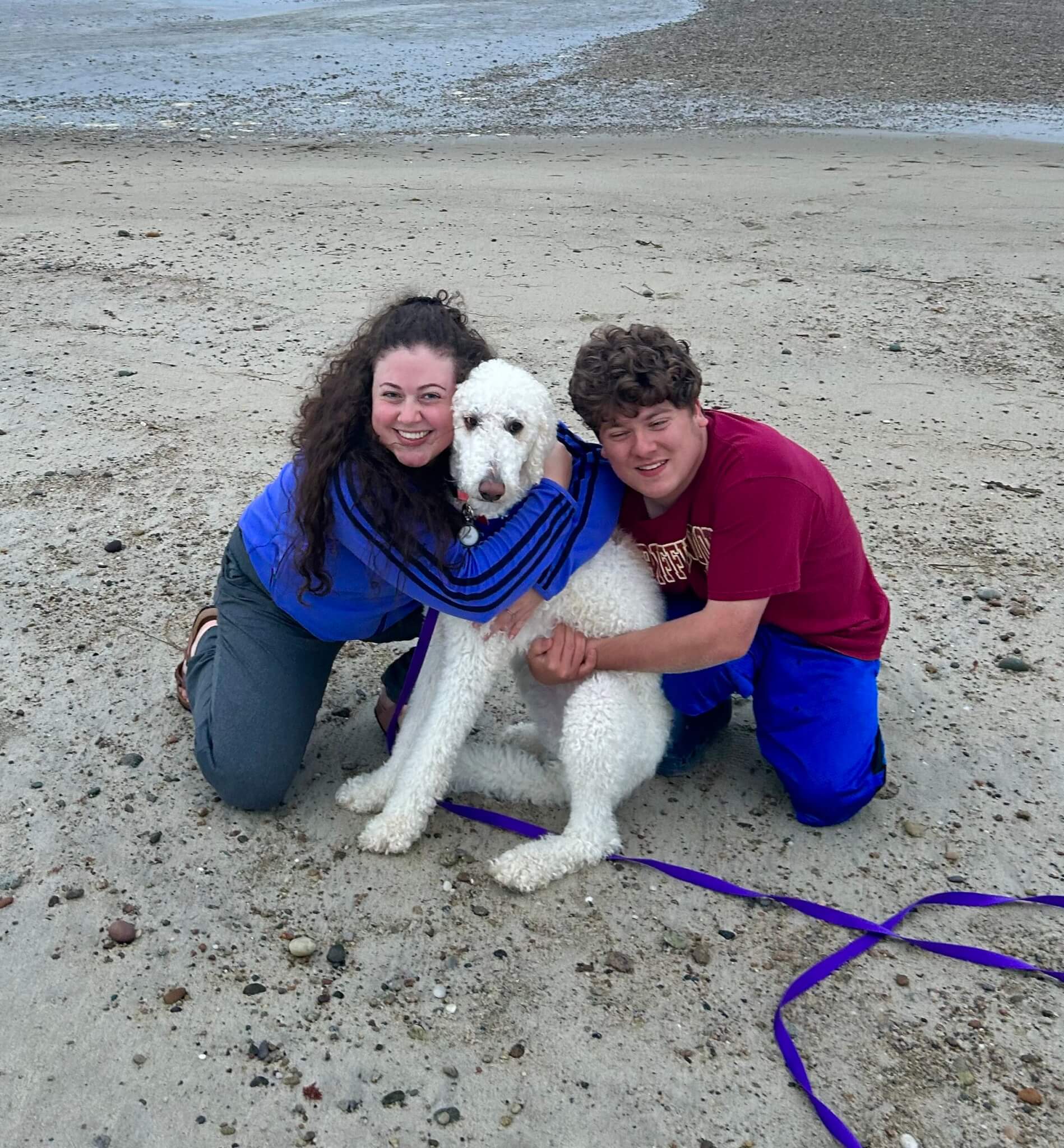
Andrea, Maia, and Max had an eventful summer. They welcomed a new dog, Momo; went on their annual summer trip to Falmouth; went antiquing; had big dinners together; and visited Max’s favorite action figure shop. Their most recent annual trip was to Mass MOCA, a big art museum in North Adams, and on the way back they stopped at the hairpin turn on Route 2 to check out the fall foliage.
LifePath’s AFC program supports Andrea and Max in going about and enjoying their day-to-day lives, along with special activities such as the ones mentioned above. AFC Caregivers like Andrea assist with Activities of Daily Living (ADLs) that require hands-on care, cueing, and/or supervision with a person who may be a loved one living with you, or someone you take into your home. ADLs are defined as bathing, dressing, toileting, transferring, ambulating, and eating.
But an AFC caregiver does so much more, assisting with Instrumental Activities of Daily Living (IADLs) such as meal prep, housework, finances, medication management, assistance with using the phone, shopping, transportation, and most importantly, as Andrea mentioned, teaching and emotional support.
If you or someone you know might qualify for the Adult Family Care program, please reach out to LifePath for more information by calling 413-773-5555 or via email at info@LifePathMA.org.
